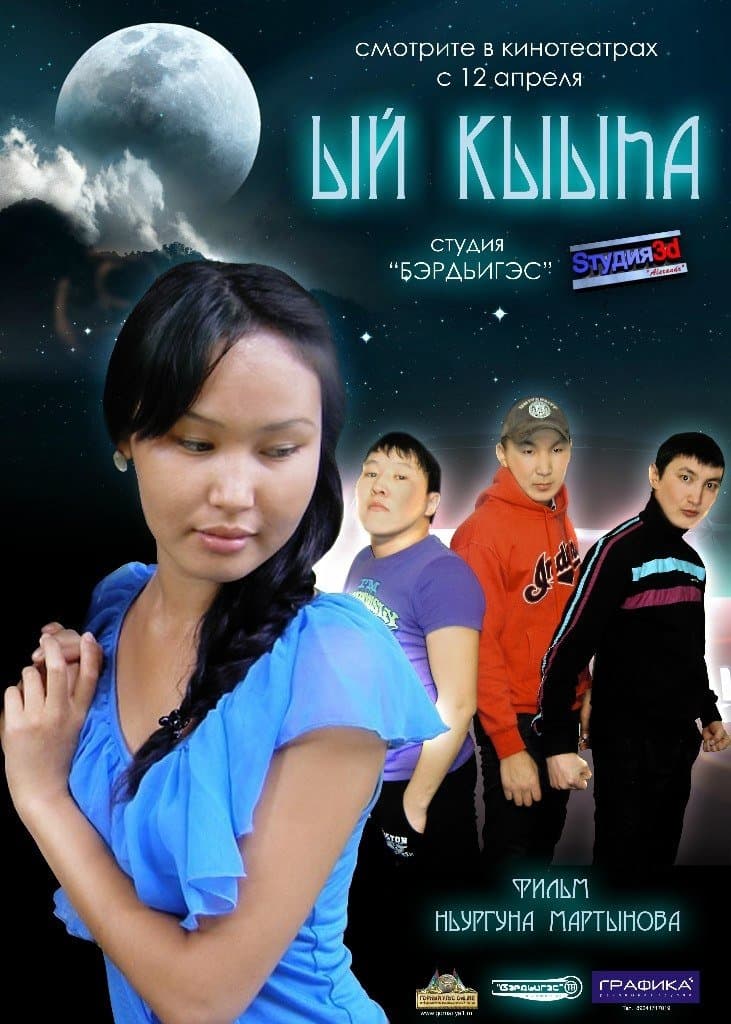
Julie and Carol at Carnegie Hall
Jun 11 1962
•1h 0m
•Music, Comedy
Julie and Carol at Carnegie Hall is an American musical comedy television showcase starring Julie Andrews and Carol Burnett, broadcast on CBS on June 11, 1962. The special was produced by Bob Banner and directed by Joe Hamilton. Banner came up with the idea in the Fall of 1961. Burnett was then a regular on The Garry Moore Show and Andrews had appeared as a guest twice, performing the song "Big D" from the musical The Most Happy Fella in the first appearance; and in the show's 1961 Christmas special, she did a number with Burnett and fellow guest Gwen Verdon plus an early performance of "My Favorite Things" (three years before she performed it as Maria while filming The Sound of Music). Mike Nichols wrote the script and co-wrote the song "You're So London" with Ken Welch. Writing began in February 1962 and the stars rehearsed for two weeks before the March 5 taping
Cast
See all
Julie Andrews
Self

Carol Burnett
Self
Randy Doney
Self
George Fenneman
Self
Recommendations
See all
Yellow Brick Road
A group of disabled actors prepare for and perform a one night only performance of The Wizard of Oz.

Girl on the Moon
Someone from another planet crashed on Earth and evil is chasing him, and then love appears, and it defeats evil through an amulet.

Passing
In 1920s New York City, a Black woman finds her world upended when her life becomes intertwined with a former childhood friend who's passing as white.

Kizumonogatari Part 2: Nekketsu
Koyomi Araragi was turned into a vampire by the legendary vampire, Kiss-shot Acerola-orion Heart-under-blade, and he needs to revive the weakened vampire back to her complete form to return to being human again. The only way for Koyomi to achieve his goal is to fight the three vampire hunters – Dramaturgy, Episode and Guillotinecutter.